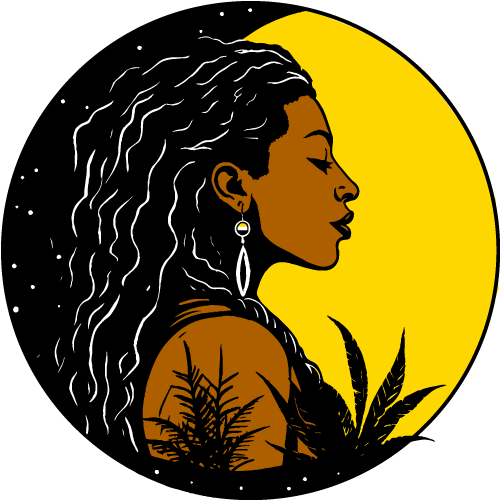Menopause is technically the last menstrual flow of a woman’s life. Some women stop menstruating at about 51.3 years of age, however, menopause can begin any time around the late to mid thirties. It is a time of coming into wisdom, power, and knowledge for a woman. Thousands of women will reach menopause this year and no one is exempt. This metamorphic event awaits every woman, and can be slightly different for each one. Your Cultural background, your diet, your lifestyle, your genetics, and your knowledge of the menopausal process play a key role in how you will experience giving birth to your true Self.
Knowing the symptoms of the menopausal process is the first defense against a negative menopausal experience. Symptoms of menopause include: insomnia, palpitations, hot flashes or night sweats associated with headaches, itchy skin, dizziness, weakness, numbness in arms or hands, low libido; vaginal changes of dryness, itchiness, infections or painful sex, urinary infections or incontinence; irregular bleeding, depression, anxiety, irritability, weeping, mood swings, verbal and episodic forgetfulness, acne; hair loss, facial hair, and weight gain. Menopausal remedies in indigenous cultures rely exclusively on symptoms to determine which plant medicine to use. Three of the master plants used in the Caribbean are Wild Yam, Neem, and Horsetail.
Traditional herbalists believe God designated Wild Yam as the herb to alleviate any ailment that affects women because they are women. They use Wild Yam infusions to treat imbalances of the uterus, ovaries, fallopian tubes, and of the entire female reproductive system. Wild Yam tincture serves as a hormone balancer to address psychological symptoms like depression, anxiety, irritability, weeping, mood swings, and low libido. A weak Wild Yam tea taken daily has proven helpful in verbal and episodic forgetfulness, if you can remember to take it.
Neem is good as dietary supplement for strengthening the immune system, cleaning the blood, and removing toxins from the liver. One capsule or cup of Neem tea taken before bedtime will alleviate menopausal symptoms like insomnia, palpitations, hot flashes, or night sweats associated with headaches, itchy skin, dizziness and weakness, and numbness in arms or hands. As an antibiotic, Neem treats vaginal itchiness, urinary infections, and incontinence.
There is no herb better than Horsetail for growing hair where it is supposed to grow, and for discouraging the growth of facial hair in women. Horsetail is used in herbal remedies for growing hair in proper places (not the face), to strengthen bone, and clear skin conditions like acne. It is the only herbal source of sulfur; a mineral that helps skin and hair stay healthy. Horsetail also promotes the body’s absorption of calcium, speeds the healing of surface injuries, and eliminates excess oil from skin and hair. One cup of horsetail tea taken three times daily for seven consecutive days will suffice. Traditionally, Horsetail is not taken for more than seven days in a row. The body must rest/process for three weeks before taking again.
Phytoestrogens are also found in food. An estrogen found in brown rice, date palms and licorice are identical to the ones produced by your own body. Included in this class of plant estrogens are isoflavones, two of which are flaxseed (Linaza), and soy (tofu). Soy contains phytoestrogens that mimic the effects of human estrogen. This makes them useful in treating symptoms of menopause as well as protecting against osteoporosis. Other sources of these plant based estrogen mimickers include beans, lentils, and black-eyed peas.
Other things you can do to deal with menopausal symptoms include maintaining a positive attitude. We are what we think and a positive attitude helps the physical body to heal. Think Sexy: Sexual Activity provides physical benefits for menopause. It is good exercise and helps hormonal levels, vaginal muscle tone, and lubrication. Get rid of vaginal dryness once and for all!
Diet is one of the most important keys in transforming menopause into a pleasant experience. Research found that women who eat a mostly vegetarian high fiber, low fat diet, experience fewer menopause symptoms. Their diets include leafy green vegetables and fatty acids, such as flaxseed. They also avoid, eliminate, or reduce caffeine, refined sugar, refined flour and grains, salt, alcohol, nicotine, dairy products, spicy foods, artificial colorings, canned foods, flavorings and preservatives.
Since everyone's body is different, not one method will work for everyone but following the herbals and dietary suggestions will certainly render some relief. Menopause is not a disease or a reason to run to the hospital. Menopause is a sacred transition into womanhood, where women of wisdom, power, and knowledge begin.

